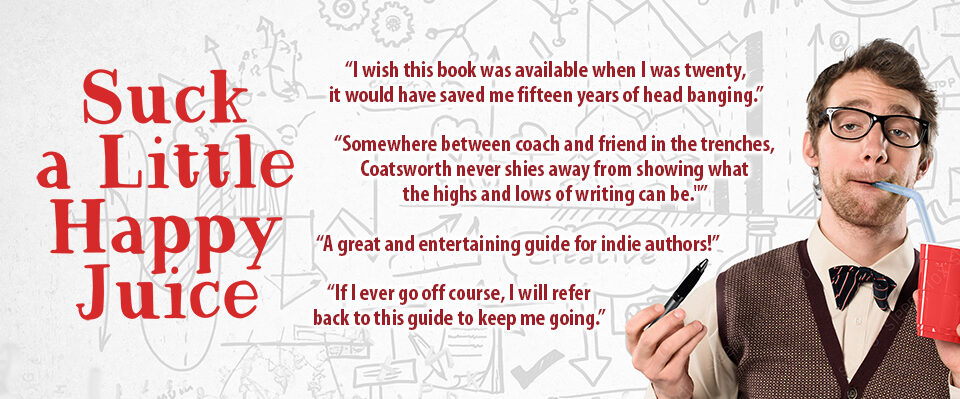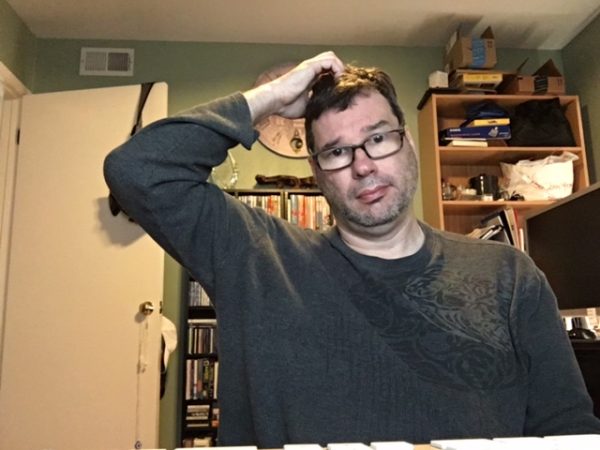Hey all,
I’m going into uncharted waters here. Over the last few weeks, I mapped out the course for “Lander”, the sequel to “Skythane”, my first published novel that comes out on February 17th.Cover reveal on 1/18 – woo hoo!
In “Skythane”, an unlikely pair races to save the world – a very unusual world that’s been split in half by an ancient calamity.
The timing to begin the sequel was fortuitous, as I had just read through my proof copy of “Skythane”, and made notes about all the little plot threads I needed to continue or wrap up in book two.
I’m finding that writing a sequel is a bit different than writing the first book or a stand-alone novel, for a couple reasons:
1) Wrap Up All the Things: There are so many things I have to deal with that came out of the first book if I want my readers to be satisfied by the end. These things must be noted and then carefully tracked, and worked naturally into the story. It’s hard!
2) Some Things Are Set in Stone: In the initial novel, I was able to change things to suit the story moving forward. But in the sequel, the events of the first book are now set, and I have to live with them as written. I can’t go back and change a detail here or a scene there to suit the second boo’s plot line.
3) Writing on a Prayer: Since book one has not officially released yet, I am writing the second one with the hope that the first one sells and the publisher will want it. It’s like building a house on spec – you hope the market is right and you have a buyer when it’s finished.
4) Facing My Own Fears: Will I be able to match the reader experience of the first book in the sequel? Can I do it faster this time? The first one took two years to finish. Do sequels really always drop off in sales? So many things to worry about!
It’s a thrill to go back to a world I created and to explore it in more depth, but it’s a nail biter too. For those of you who have also written sequels, what’s your experience? How are they different than stand-alone works? And what did you learn in the process?

